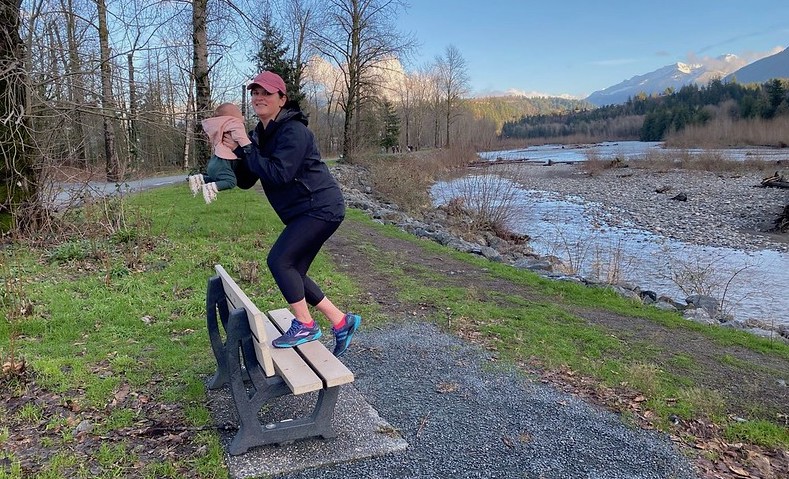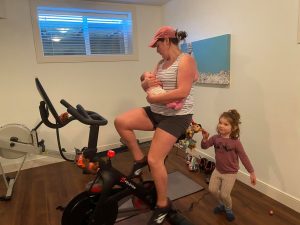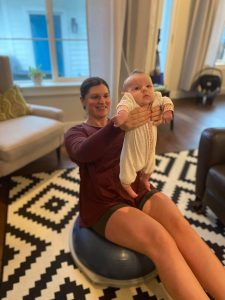UFV study shows that COVID restrictions affecting physical activity impact women’s mental health

When the pandemic suddenly forced us all to change our habits and stay close to home, it had repercussions on all aspects of our lives, including our fitness routines.
A study by University of the Fraser Valley kinesiologists looked at the impact of those restrictions, and examined whether they impacted men and women differently.
The results showed that that the initial restrictions, including the closures of gyms and fitness studios, provincial parks, and some playgrounds, affected women more than men.
“We found that women were struggling with their mental health more during the pandemic,” says Dr. Iris Lesser, an assistant professor of kinesiology at UFV, who conducted the study along with colleague Dr. Carl Nienhuis.
“Women are statistically shown to be more anxious and less physically active than men, and COVID-19 restrictions made it even more challenging for them to keep up with physical activity further impacting their mental health.”

Those who were able to be active reported better mental health results than those were less active, the study reports.
Some of the barriers that women faced were unique to pandemic times, such as gym closures or having their children at home needing care 24 hours per day rather than going to school or daycare for part of the day. Other barriers were already present before the pandemic, such as the challenge of balancing multiple roles such as parent and full-time worker.
The research team’s solution?
Encourage and promote physical activity options that allow parents to be active with their children.
Lesser notes that she was disappointed that playgrounds were closed off during the first phase of the pandemic restrictions and happy to see the yellow tape surrounding playground equipment come off during the less restrictive summer in British Columbia.
“We recognize that the threat posed by the pandemic is real and that the barriers were intended for our benefit, but we also need to consider the impact on physical activity and mental health,” she said.
“Given the challenges that women uniquely face due to pandemic restrictions, we need to find ways to provide environments and support for physical activity to reduce the mental duress that some women are experiencing. We need to aim for physical activity options that can include and engage children.”
 The UFV study evaluated data provided by 1,098 Canadians: 215 men and 871 women.
The UFV study evaluated data provided by 1,098 Canadians: 215 men and 871 women.
Women who were engaged in less physical activity due to COVID-19 reported significantly lower mental health scores, lower social, emotional and psychological well-being, and significantly higher generalized anxiety, while women who engaged in more physical activity had improved mental health scores.
The UFV study appeared in the International Journal of Environmental Research and Public Health.
The UFV School of Kinesiology will be continuing research into the effects of COVID-19 on physical activity by examining the impact of Moms on the Move, an outdoor group fitness program designed to address anxiety in postpartum women. If you are interested in this study, please contact Dr. Gillian Hatfield at gillian.hatfield@ufv.ca.




